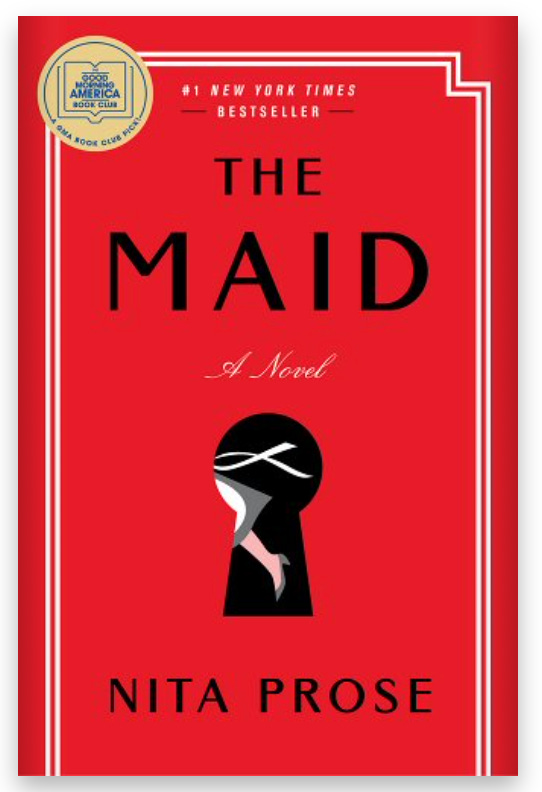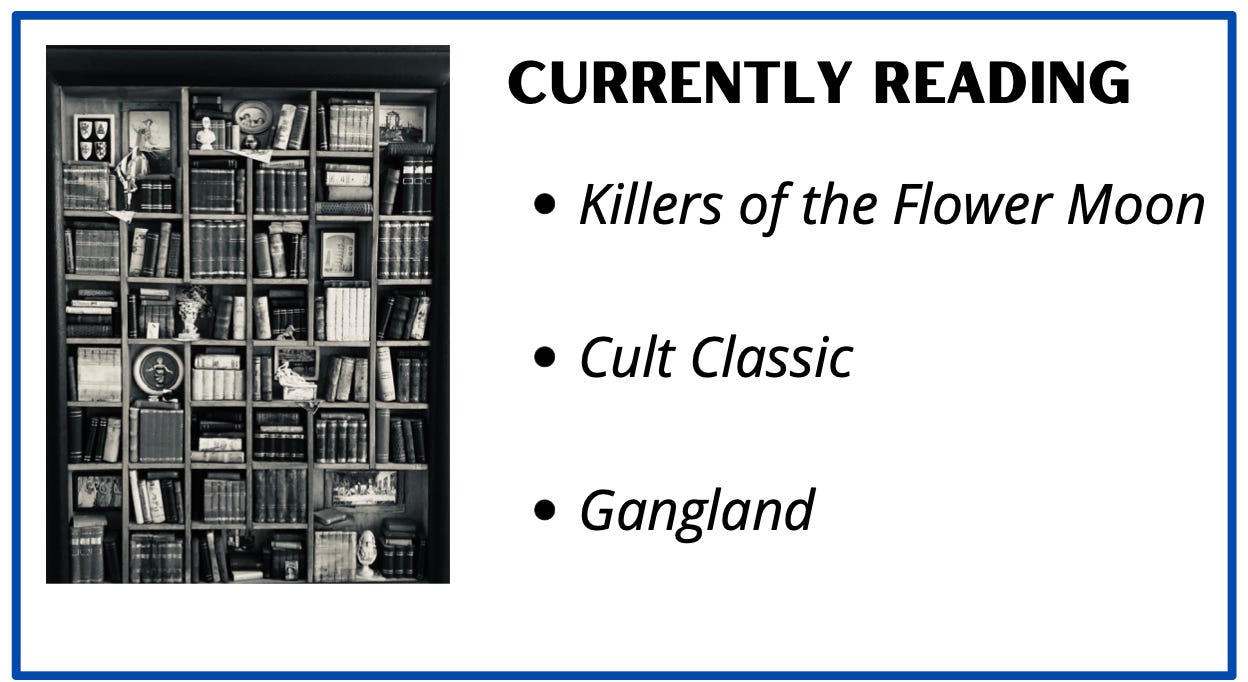Choosing a favorite genre of fiction feels like choosing a favorite child: it’s impossible and unconscionable (except scifi and dystopia. I’d gladly exclude those rascals from the family photo.)
But one of my favorite genres of writing is the perspective shift: when you visit a familiar scene but all of a sudden you’re hearing from a secondary character and the accepted narrative takes on a whole new meaning. Think Rosencrantz and Guildenstern are Dead, or Wicked which, yes, Virginia, was a compelling book before it was a high-flying, Adele Dazeemed stage production.
And of course, because history is written by the so-called winners, these shifts usually expose us to the uncomfortable truths of racism, or classism, or sexism, or even just simply how often we overlook the essential chorus for the charismatic headliners. But of course, for every Downton upstairs there is a downstairs, for every Queen there is a staff, for every serene setting there is a feverish back-of-house, making everything perfect as if by magic rather than by living, breathing individuals.
Each of this week’s recos has its own take on the background player, the great legacy intentionally obscured in history, the overlooked and under-appreciated contributors, and fiction is so great at answering “who’s missing from this story? Whose voice aren’t we hearing, and what might they say?”
Fear not, this isn't told from the perspective of a horse (though can you imagine if that were the payoff to my lofty, precious intro about background characters? “So now a word from Trigger.” Excruciating.)
No, Horse is an excellent novel following two eventually intertwining storylines: one of a real-life racehorse and the enslaved groom who cared for him, and one of modern-day academics who are trying to determine the history, and significance, of a skeleton and an oil painting.
This book tackles issues of race, of art, of love and of potential, or ownership and of justice, and most interestingly, of who gets remembered in history and who gets lost, either deliberately or simply by time. And all of these topics feel deeply researched and intricately braided together yet brought to life with a deceptively light touch in writing that always feels real, honest, and readable. Not perfect - some characters are held on a questionably reverent pedestal - but I thought excellent nonetheless.
What are these lambs and why are they important? Find out here.
You can’t go anywhere these days without someone recommending The Maid - for me, it was y friend Danielle who also pointed out that the author’s name must be a nom de plume. An author named NITA PROSE? Come on. Even SNL would send that back for being too on-the-nose.
ANYHOO - The Maid is about, um, a maid, in a high-end hotel, who stumbles onto a murder and is implicated in the killing. It has all the desired elements of a cozy mystery - taut pacing, an interesting cast of characters, a constantly shifting spotlight - but is rendered unusual by the protagonist’s funny and off-kilter voice. She’s either neuroatypical or more vaguely “an oddball,” unable to read people in the usual ways but uniquely observant and capable despite being completely overlooked or underestimated by most people in her life. There’s also a moral ambiguity throughout that makes this one a little more memorable, and less pat. Kind of like if Eleanor Oliphant is Completely Fine were a mystery? Four lambies (except there’s, like, a murder so … there’s that.)
INT: Kerry’s office. She sits at a laptop, typing, then erasing, trying to adequately capture the inventive style and tone of Interior Chinatown. She does not look confident.
OK, look. This is one of those imaginative literary fiction experiences that plays with format in an unusual and occasionally opaque way - it’s written entirely as a screenplay. Main character Willis Wu is recounting his experience as “Generic Asian Man” and other background roles in an ongoing cop procedural that films in his New York Chinatown building. It’s witty and satirical while also being surreal and sad in its take on the Asian-American experiences of his family and his children. At times it’s hard to know what’s “real” and what’s scripted, which is - kind of the point. I grappled a bit with it but ultimately give it a thumbs-up.
If it’s fall, the book lists are starting
Which means that as usual, despite having read nigh on 100 books this year, I have read none of the Esteemed Books of the year.
This week’s inferiority complex is courtesy of the fine folks at the Booker Prize - let me know which of these you have read!
Some Background Information
If this week’s set of books aren't your cup of tea (RIP Queen Elizabeth), check the archive for all manner of book folk.
All links go to Bookshop.org, which supports independent bookstores. This is a final and noble thing that I think will earn you points in The Good Place.
If you’ve read this far, I will divulge a secret that I am an inveterate chorus member and background member. Don’t believe me? Just ask Girl # 2 at Bar.










